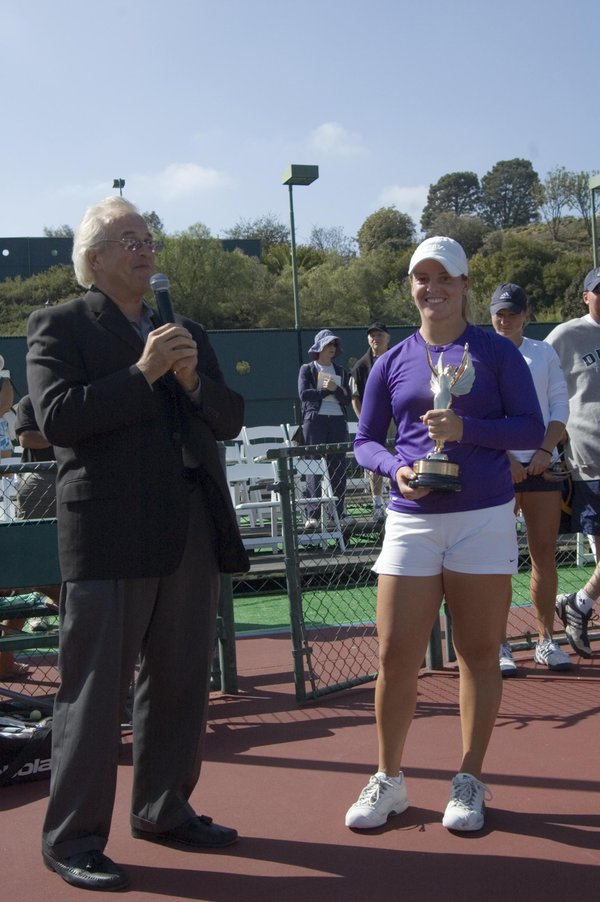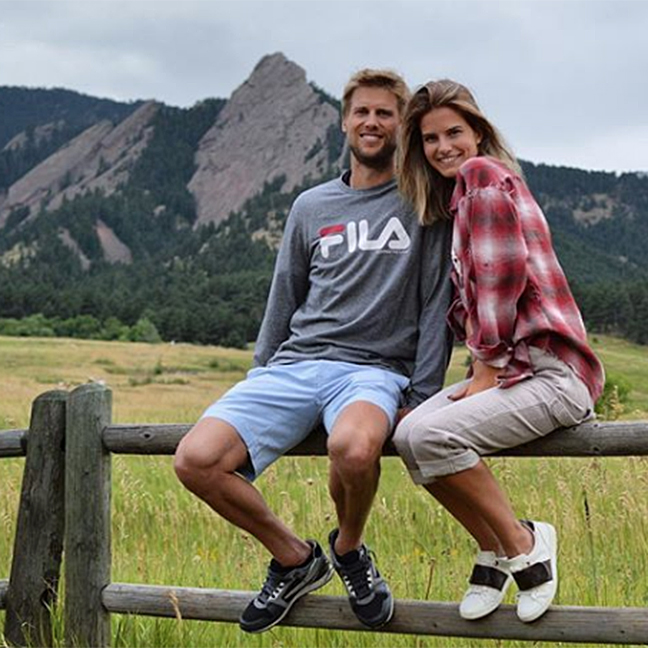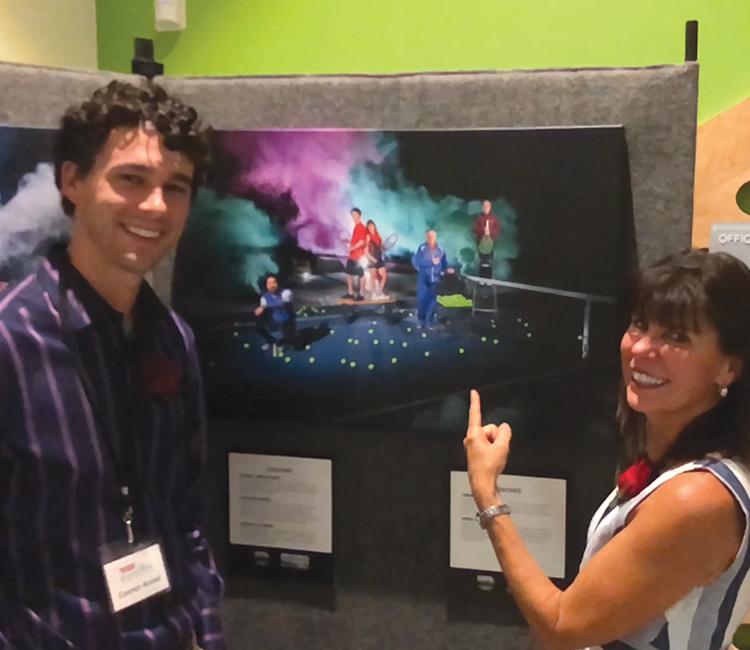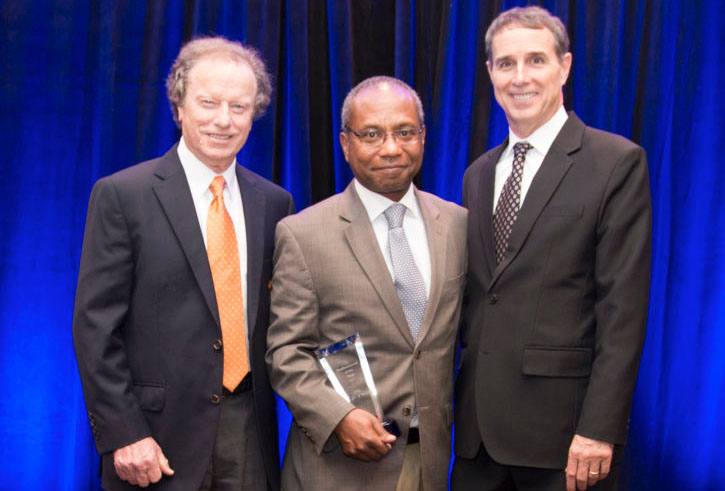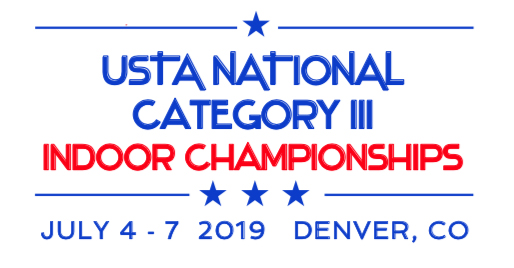Catching up with Colorado Tennis Hall of Famer Nicole Leimbach
The following article appears courtesy of TennisRecruiting.net.
Class of 2004
Where Are They Now?: Nicole Leimbach
by Rhiannon Potkey, 7 August 2017
Nicole Leimbach knew tennis wouldn’t last forever. She planned for her future by getting her degree early and always making academics a serious priority. The Colorado Springs native graduated from Pine Creek High after winning 60 straight matches and four state singles title without dropping a set.
She began her college career at USC before transferring to TCU as a sophomore. After suffering a career-ending ankle injury during a professional tournament, Leimbach was forced to retire for good in 2008. “I had to figure out what I was going to do with my life at that point,” said Leimbach, the No. 1-ranked girl in TRN’s initial class in 2004.
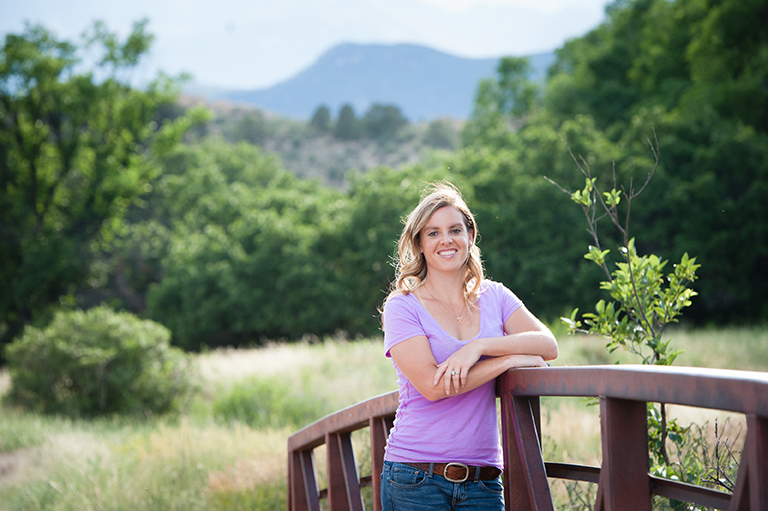
Nicole Leimbach is a pharmacist living in Colorado
courtesy, Pharmacy Times
Leimbach, 31, redirected her energy into helping others through medicine. The former All-American earned her undergraduate degree at TCU in communications in just three years, but decided to enter the medical field after her injury. Leimbach went back to school to become a pharmacist. She attended the University of Texas at San Antonio for her pre-requisites and graduated from the Texas Tech University Health Sciences Center School of Pharmacy with an emphasis in the areas of patient care and counseling.
After working as a pharmacist at a Kroger in Texas, Leimbach has returned to her hometown of Colorado Springs and will be working as a pharmacy manager at Kroger. Along with counseling her patients, Leimbach serves as an occasional motivational speaker at local schools.
TRN reached out to Leimbach to discuss her work in the medical field, her tennis career and her ambition to inspire others.
TRN: Why did you decide pharmacy was the profession you wanted to pursue?
NL: “I really wanted to be an orthopedic surgeon, but I didn’t want to be 40 by the time I was out of school with the fellowship and all of that. I love the patient interactions that I have with pharmacy. We are the most accessible health care professionals. I feel like with my tennis background and now my pharmacy Ph.D, it really just suits me well. I am a people person, so I enjoy the interaction and kind of sharing my story with them. It’s not just talking about medication, it’s about living a healthy life and exercising on a regular basis.”
TRN: How does your tennis background impact your job?
NL: “I think my tennis taught me life skills that I would have never had elsewhere and that you can’t teach. It taught me how to perform under pressure when you are playing in a big final and everyone is watching you. That is not something you can go to school for. So working under pressure and in emergency situations when you have somebody having a seizure in front of you, what are you going to do? Are you going to panic or be calm and know what drugs to give and how to treat that person. I think the life skills, the dedication, the time management and the ability to multi-task are probably the biggest things I took from tennis.
TRN: What advice would you give to your 15-year-old self?
NL: “I think I would go back and tell myself to remain focused on education. My parents have advanced degrees, so that was really important to them. School was always equal to my tennis and I was a 4.0 student. Knowing now that I was at the very top until I got hurt and had to go back to school, I was grateful I still had that education. Regardless of what level of sports you play, education is still very important. As far as tennis goes, I remember I used to play with anyone and everyone from the 40-year-old 4.0 woman to the 60-year-old guys that used to hack the ball and played doubles. My dad used to say even if you can beat somebody 6-0, 6-0, it’s still good practice. I think one of the big things kids don’t do now is they don’t play anyone and everyone. Going back, I would tell myself it is a good thing to be diverse and play with anyone and play in any situation.”
TRN: Is there anything about your recruiting process you would have changed?
NL: “I did it different because I only took one official visit. I did it for a reason. I was the No. 1 recruit and I knew I was going to get a show. They would make sure everything was the best of the best when you are on an official visit, so I did a lot of unofficial visits with my parents and showed up completely unannounced when they didn’t know I was coming to see what is I really like. That was helpful.”
TRN: What message are you trying to deliver to the local high school students you speak with?
NL: “I finished undergrad in three years and played tennis and was the No. 1 player and then went and got my doctorate. I don’t think too many people have played a professional sport and went on to get a doctorate. Obviously there are a few, but we are definitely in the minority. My whole goal in the rest of my life is to show you can really be well-rounded. It doesn’t matter where you are from, where you live or where you train. If you have that desire and the drive and work ethic and a good support system, you really can do anything you set your mind to. That’s been my motto since I stopped playing tennis – be the best I can be and help my patients lead better lives and give back in that way. The bottom line is I encourage all these kids to not just focus on tennis. You don’t have to go to a tennis academy and don’t have to live in Southern California. You can live in Colorado Springs and make it.”
EDITOR’S NOTE: “Where Are They Now?” is a monthly feature highlighting former junior players, beginning this season with TRN’s initial 2004 and 2005 recruiting classes. If you know of any players with an interesting post-tennis career story, please email Rhiannon Potkey at rhiannon@tennisrecruiting.net
